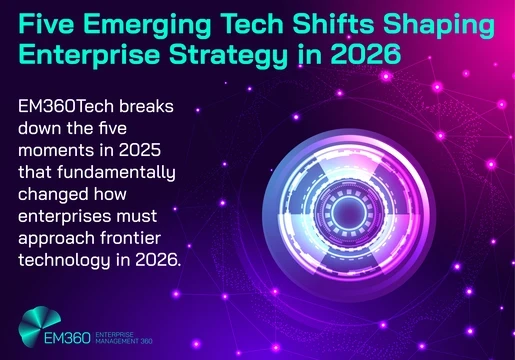
In 2018 tech startups need to offer left field solutions that can be flexible and fluid enough for today's fast-changing world.
The concept of automation, machine learning, data collection and AI being key elements of the business world today is one that most companies are by now comfortable with.
That being said, being accustomed to it means a strenuous new challenge for startups: finding out ways to not only enter a market full of automated solutions, but being able to uphold a feature of their business that will not become dated and forgotten with the development of new technology.
Below is EM360's list of top 10 tech startups to keep an eye out for in 2018. Each one having earned its way to the top by thinking their way carefully to success.







Comments ( 0 )